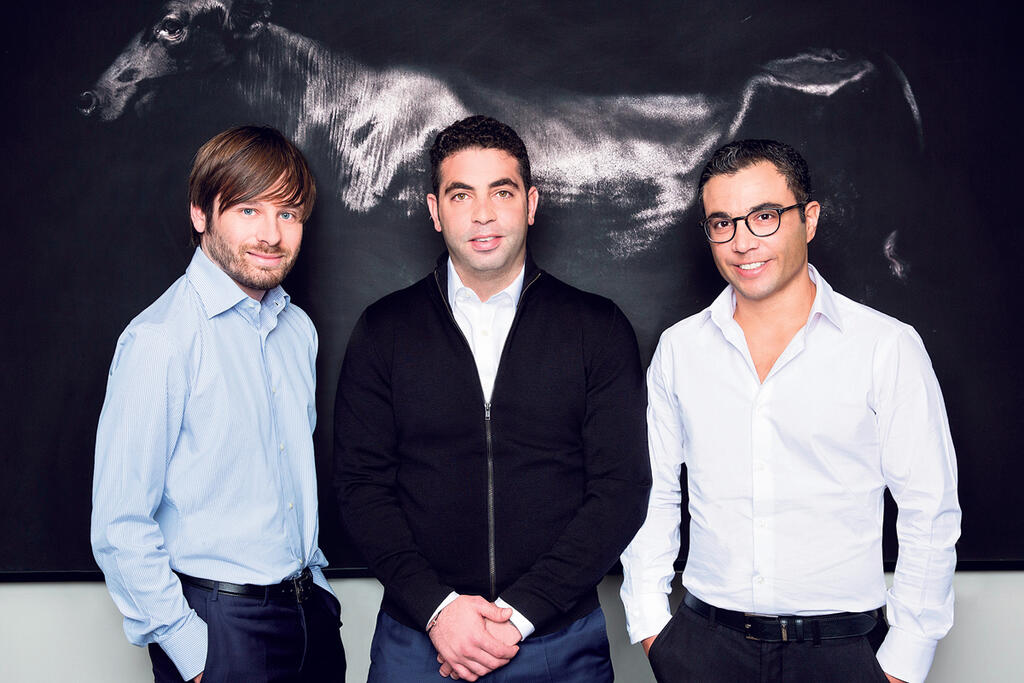
Pagaya stock surges as revenue hits $1 billion, but can its growth outpace rising skepticism?
Impressive Q4 earnings drive shares higher, but questions over risk exposure cast a shadow.
Pagaya saw its stock soar by over 27% across Thursday and Friday, pushing its market valuation to $1.13 billion—the highest so far in 2025, though still below its November 2024 peak. The surge came in response to the company’s better-than-expected fourth-quarter earnings report, which showed significant revenue growth and improved profitability metrics. However, despite the market’s positive reaction, concerns remain about the company’s financial structure and exposure to credit risk.
Strong Earnings Drive Stock Momentum
Pagaya, an AI-driven fintech firm that facilitates lending through a proprietary risk assessment platform, reported a fourth-quarter earnings per share (EPS) of $0.17, far surpassing analyst expectations of a ($0.28) loss. Revenue for the quarter came in at $279.39 million, beating the consensus estimate of $266.68 million and reflecting a 28% year-over-year (YoY) increase. The company's network volume also hit a record $2.6 billion for the quarter, growing 9% YoY, with personal loans as the primary driver.
The company’s financial strength was further underscored by an 88% YoY increase in adjusted EBITDA to $64 million and an adjusted EBITDA margin expansion of 728 basis points to 23%. For the full year 2024, Pagaya’s revenue reached $1.03 billion, a 27% increase from the previous year.
Looking ahead, the company has issued an optimistic outlook, forecasting first-quarter 2025 revenue of $280–295 million, ahead of the consensus estimate of $278.6 million. Full-year 2025 guidance places revenue between $1.15 billion and $1.27 billion, slightly above analysts’ projections of $1.18 billion. Additionally, management has provided guidance on achieving GAAP net income profitability by the second quarter of 2025—a milestone that would mark a significant shift for the company.
CEO Gal Krubiner emphasized Pagaya’s strengthened balance sheet and improved operating leverage, stating that the company had “bolstered [its] balance sheet flexibility, cash flow generation, and operating leverage.” He also sought to reassure investors that past credit-related impairments from loan vintages between 2021 and 2023 would no longer have a material impact on the company’s performance.
Lingering Concerns Over Business Model and Risk Exposure
Despite the upbeat earnings and bullish stock movement, concerns persist about Pagaya’s financial structure and the sustainability of its business model. A recent short report by Iceberg Research has raised questions about the company’s handling of risk and potential losses within its asset-backed securities (ABS) strategy.
Iceberg alleges that Pagaya’s business relies heavily on underwriting consumer loans that were initially rejected by traditional lenders due to their risk profiles. The firm then securitizes and sells these loans to institutional investors. The report claims that Pagaya has been using a fund it manages to purchase the riskiest tranches of its ABS offerings, potentially masking heavy losses. Iceberg further suggests that Israeli investors in one of Pagaya’s funds have attempted to redeem their investments, only to face resistance.
The research firm also argues that Pagaya may have exhausted resources within its Opportunity Fund, forcing it to rely on debt financing, thereby weakening its balance sheet. The October 2024 acquisition of rival fintech Theorem is seen by Iceberg as an attempt to replicate this strategy, but the firm warns that increased scrutiny could make such maneuvers more difficult.
Investor Optimism vs. Structural Risks
The stark contrast between Pagaya’s stock performance and the concerns raised by short sellers highlights a broader debate about the company’s long-term viability. On one hand, the firm has demonstrated strong revenue growth, improved profitability, and a growing network of lending partnerships, including key relationships with U.S. Bank and Elavon. Its ability to raise $6 billion in asset-backed securities in 2024 further suggests strong institutional demand for its lending products.
On the other hand, questions about the company’s risk exposure, reliance on complex financial structures, and the potential for regulatory scrutiny could weigh on future performance. If Iceberg’s allegations gain traction or if Pagaya faces legal challenges related to its ABS practices, investor sentiment could shift quickly.
For now, the market appears to be rewarding Pagaya for its strong operational performance and guidance toward profitability. However, the stock’s rally remains tempered by the underlying risks in its business model. As the company moves toward GAAP profitability, the coming quarters will be crucial in determining whether Pagaya can sustain its momentum—or whether the concerns raised by skeptics will prove justified.















